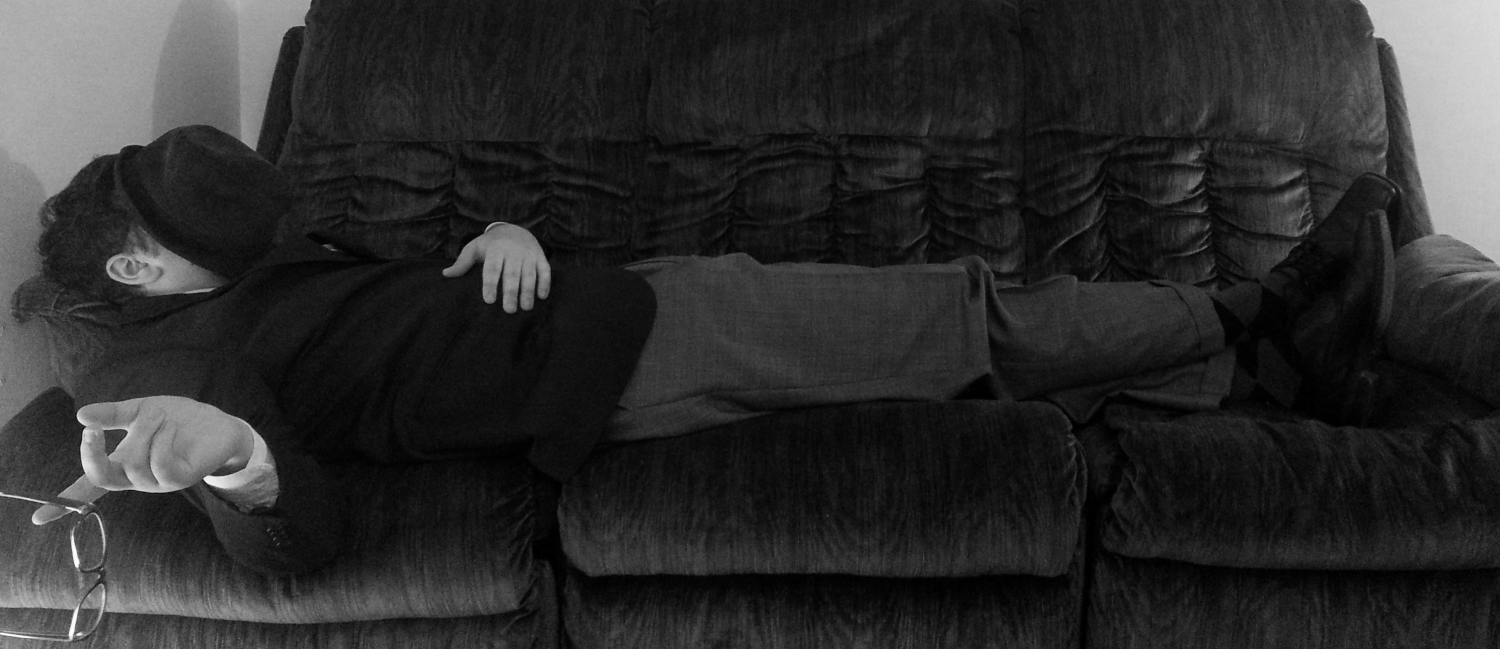Book editing is not free, unless you do it yourself, or find someone in the higher education field willing to assist. But chances are they will take longer than you would like to complete your manuscript, as they have other duties that take priority over your project. Luckily, there are many tools available to make sure your book receives as much editing as it can before sending it to a publishing company or literary agency. In this post, I’ve highlighted my two favorite editing programs. Having a properly edited book is absolutely key to your success as an author. You might have a great story, but if it looks like a middle school child wrote it, you will be turned down at every stop. Don’t worry, there is hope for even the most grammatically challenged among us.
The first on the list of tools is a Thesaurus. Before I wrote my first book, I don’t know if I’d ever opened a Thesaurus, much less even seen one. The schools I attended growing up never required us to learn how to use one. Even now, I don’t own a Thesaurus, but I use an online program (www.thesaurus.com). It has everything you need to transform your book from a chaotic mess into a literary masterpiece. It’s also attached to (www.dictionary.com), for those moments when you really want to use a big word, but don’t quite know if you’re using it correctly.
The second online program is EditMinion (www.editminion.com). I’ve only used it a few times, but it’s been great as a writing assistant. The website is still in Beta mode, which means it might not catch everything, but if you feel that your book reads more like a scrambled word puzzle than a novel, then this website will work wonders for you.
If these tools aren’t working out for your book, then do a quick Google search, and I’m sure you’ll find plenty of alternatives that will suit your needs. Don’t forget to utilize the tools provided by Microsoft Word, or whatever document creating software you use. Technology has made it nearly impossible to not have a cleanly edited manuscript, so be sure that you aren’t missing a valuable asset by trying to rush through your writing.

I checked out editionminion. It looks great and I like the fun interface. I will be trying it out when editing time comes…thanks
You have no idea how this site has just changed my life… Going through an intense pre-editing process for my publisher…
Is a passive voice bad? I don’t know how to avoid was and were.
Thanks for the feedback! I’m glad to help. As for your question, there is absolutely nothing wrong with a passive voice. It’s simply another writing style versus an active voice. Here’s an example. Active voice: The dog bit the boy. Passive voice: The boy was bitten by the dog. Both sentences sound alright, they’re just worded differently. Another example: Passive voice: The cake was eaten by her. Active voice: She ate the cake. Passive voice is when the action is performed on the sentence subject, and active is when the sentence subject performs the action. You just need to figure out which style works better for you, and go with that. I hope this helps!
Ok. My novel is written in third person and I find it hard to not use the passive voice, but most of the book is in an active voice. It doesn’t seem confusing to me so I hope it is ok!!
If your editors find any problem with it, I’m sure they’ll share their feedback with you. If it sounds good to you, then don’t change anything! Just be sure to keep from being repetitive with your word usage.